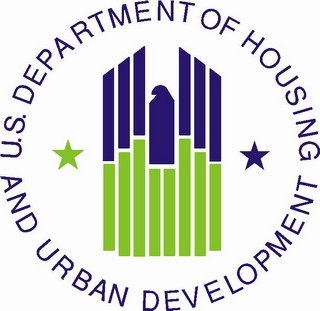Advertisement
HUD to Clean Up Housing With $100-Plus Million in Grants

The U.S. Department of Housing & Urban Development (HUD) is offering $104 million in grants to clean up lead based paint hazards as well as correct other housing-related health and safety hazards in privately owned, low-income housing. The funding offered directs critical funds to cities, counties and states to eliminate dangerous lead paint hazards in thousands of privately-owned, low-income housing units. These funds are provided through HUD’s Lead-Based Paint Hazard Control and Lead Hazard Reduction Demonstration grant programs. To expand the reach of HUD’s lead grant funding, HUD is also providing more than $12 million to help communities transform their lead hazard control programs to address multiple housing-related hazards.
“Protecting the health and well-being of children is our top priority,” said HUD Secretary Shaun Donovan. “We know that housing conditions directly affect the health of its residents. These grants will help communities around the nation protect families from lead exposure and other significant health and safety hazards.”
Matthew Ammon, acting director of HUD’s Office of Healthy Homes and Lead Hazard Control, added, “With these grant awards, HUD makes it clear that providing healthy and safe homes for families and children is a priority. You can’t be healthy if your home is sick. HUD is committed to protecting children from these hazards, as part our efforts to help make the nation’s housing healthy and sustainable.”
Through these grant programs, HUD’s Office of Lead Hazard Control and Healthy Homes promotes local efforts to eliminate dangerous lead hazards from lower income homes; stimulates private sector investment in lead hazard control; and educates the public about the dangers of lead-based paint.
Lead Hazard Control Grant Programs
Although lead-based paint was banned for residential use in 1978, HUD estimates that approximately 24 million homes still have significant lead-based paint hazards today. Lead-contaminated dust is the primary cause of lead exposure and can lead to a variety of health problems in young children, including reduced IQ, learning disabilities, developmental delays, reduced height, and impaired hearing. At higher levels, lead can damage a child's kidneys and central nervous system and cause anemia, coma, convulsions and even death.
HUD is making grants available through the following programs:
►Lead Based Paint Hazard Control – $47 million
These grants will assist states, cities, counties/parishes, Native American Tribes and other units of local government in undertaking comprehensive programs to identify and remediate lead based paint hazards in eligible privately owned rental or owner occupied housing. Application due date: Friday, June 27, 2014.
►Lead Hazard Reduction Demonstration Grant Program – $45 million
These grants will assist states, cities, counties/parishes, Native American Tribes and other units of local government in urban jurisdictions with at least 3,500 pre-1940 occupied rental housing units develop the most comprehensive programs to identify and remediate lead based paint hazards in eligible privately owned rental or owner occupied housing. Application due date: Friday, June 27, 2014.
HUD will award grants in these two programs to approximately 30 recipients ranging from $3,000,000 to $3,500,000.
About the author





